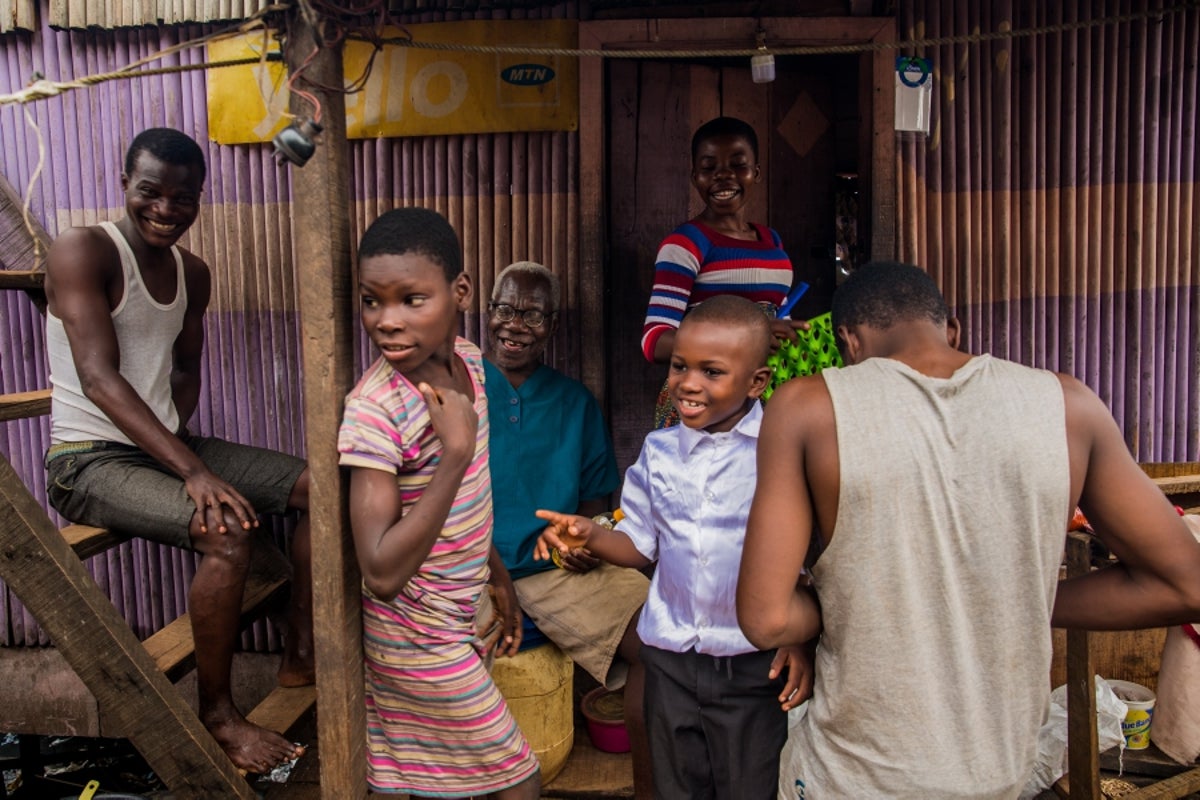
In Kasai, one of the poorest parts of the Democratic Republic of Congo, tens of thousands of girls are going to school for the first time thanks to a UK programme – reducing the risk that they will be forced into child marriage or face lives scarred by violence.
But now this project is being abandoned as hundreds of millions of pounds – soon to be billions – is stripped from our aid budget, which means 170,000 children will miss out on the lessons that would have transformed their lives, ministers admitted in a document published this week.
This dismal picture is echoed in other African countries – education work is also being cut in Ethiopia, Sierra Leone, Nigeria and Zimbabwe – and the government’s Girls Education Department is losing a staggering 51 pr cent of its funding.
Quietly, Britain’s status as a global leader in education is shrivelling at huge cost to our reputation, and to the British companies that export education services around the world – as well as to the children we promised to help with a return to school after the devastating Covid-19 pandemic.
And yet these week’s cuts are just a taste of much worse to come if the government sticks to its plan to target education when the bulk of the aid cuts strike next year. After that, how many of the 19 country programmes the UK currently runs will survive – if any?
Where will that leave the pledges the UK drove through at the G7 Summit in Cornwall in 2021, in the shadow of Covid, for the world to enable 40 million more girls in poorer countries to go to school by 2026? If we pull back, other rich nations will be emboldened to do the same.
The scale of the cuts also leaves the UK’s commitment to vital global funds – the Global Partnership for Education and Education Cannot Wait, for emergencies – hanging in the balance ahead of fresh donor pledging rounds.
Gordon Brown, the former Labour prime minister, played a critical role in establishing Education Cannot Wait and has spoken powerfully of how it offers “hope and opportunity” to millions of children trapped in conflicts and crises in Myanmar, Syria, Yemen, Afghanistan and in many parts of Africa. When children in conflict and their families are asked for their priorities, education is often top of their list
It must be unthinkable for this Labour government to turn its back on such a crucial initiative – and yet much more savage cuts will have to be made this autumn. That is the reality of a 40 per cent reduction to the international development budget.
I urge ministers to remember that education is one of the most effective uses of our aid budget, allowing children who score well in reading and maths to go on to earn around 11 per cent more as adults, according to recent research reported in The Independent.
The vast costs of inaction, of failing to invest in education, are also clear: they have been estimated by the United Nations to deprive the global economy of $10 trillion across the next decade.
It is striking that, even amid the destruction of aid programmes in the United States, politicians are coming together to spare global education programmes – recognising they bolster peace and security and create future trading opportunities, as well as combatting poverty. The UK government wants to foster stronger partnerships across the globe, and supporting education will help.
A decade ago, the UK shared this belief, dedicating 11 per cent of its aid to education, but that share fell sharply to just 4 per cent after previous aid budget cuts. Education is too important for it to be allowed to wither away entirely.
Bambos Charalambous is the Labour MP for Southgate and Wood Green, and co-chair of the All-Party Parliamentary Group on Global Education
This article was produced as part of The Independent’s Rethinking Global Aid project







